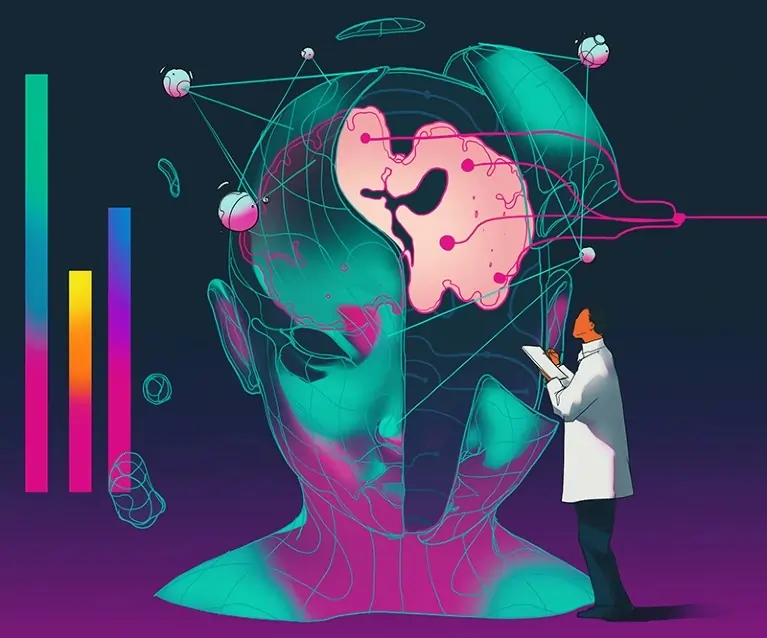

Image Credit: Nature
Over the last 30 years, the clinical trial setting has undergone a technological leap of faith, driving transformation, a transformation such as switching from manual data entry to electronic data capture. Most of the companies found it difficult to make others understand the technological change in an operational system. As today it also takes the same time and the same excellence rate for new drugs as it did 30 years back.
One of the senior directors at eClinical Solutions, who offers an AI-enabled clinical trial data platform to the clients, said, “I don’t feel the need to be convinced by myself back for the potential of machine learning to accommodate drug development. The fear is the wrong implementation of AI, as it did in previous innovations, where it failed to act in real time. The expenses needed for drug development were not measured.”
Around ten to fifteen years ago, the companies adopted and appreciated new technologies such as virtual reality, robotic process automation, and blockchain that promised elevation in drug development, identifying the huge life sciences hurdles, and mitigating costs. The reality hits different and is now clear. With the huge investment and promises, the companies were not looking to return on investment (ROI) at scale. The reason is that only the execution of new technology has never been enough to drive and effect a valuable change.
The current data unveiled that the companies need appropriate people and processes, where required, to succeed in further clinical trial technology endeavors. Also, the commercialization of the new technology should be considered as the long-standing goals of the company. With such a tightly gathered approach, the organizations can confidently perform their existing process with an accurate awareness of the technology’s capabilities. The companies and teams must precisely describe KPIs to calculate and address the corresponding value. AI holds the ability to transition, but it's essential to begin with the well-defined cases entitled to measurable KPIs.
AI comes with a great commitment to overcoming the latest clinical trial challenges. We must stop continuing with the past mistakes. The game change is not about selecting a trending technology, no matter how robust it is. The AI can be useful if implemented and understood correctly. To rely on a technology, the team should be reliable to reflect the same level of performance to capture positive impact and change accordingly with long-term real intention for the benefit of the company.